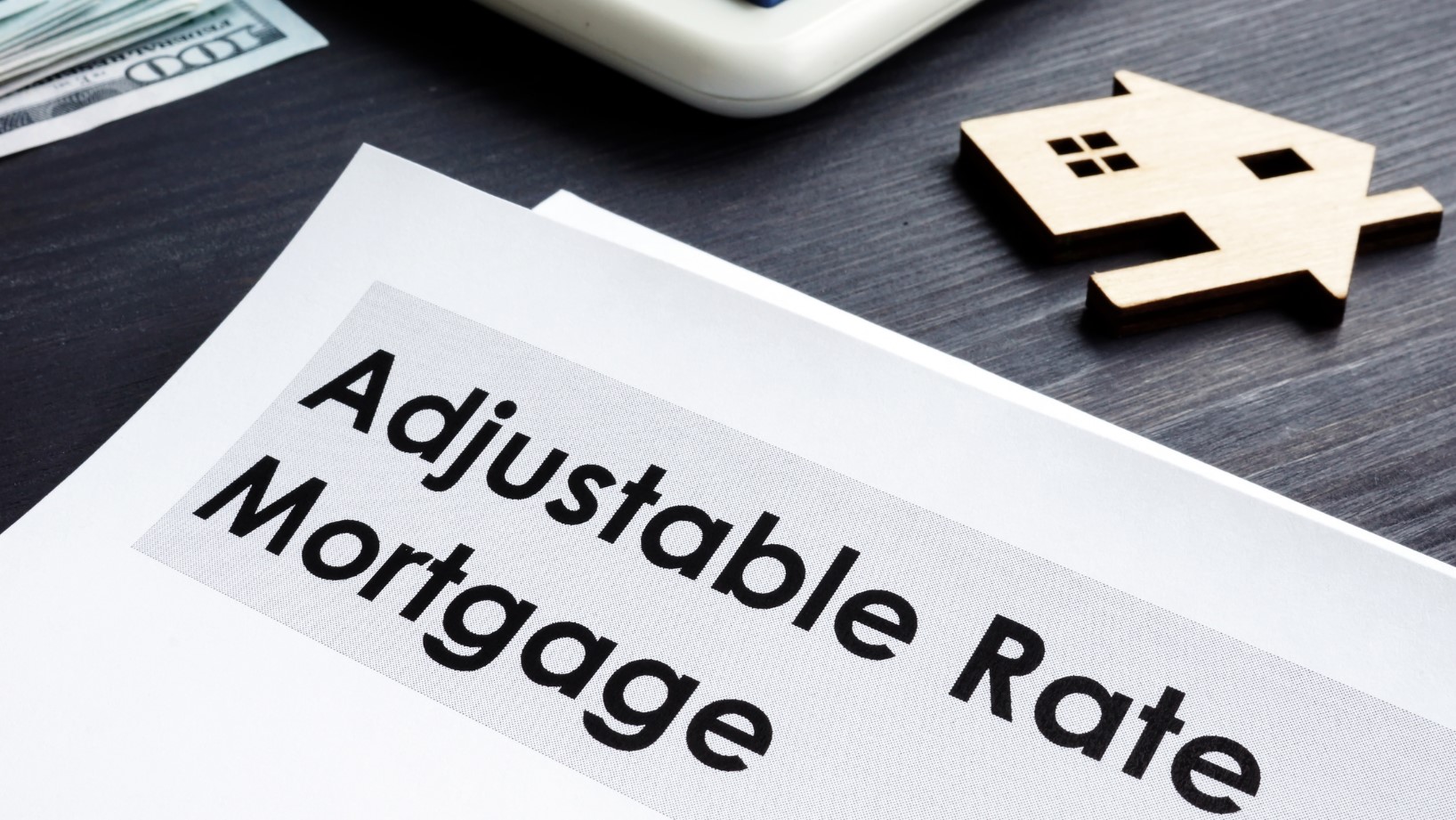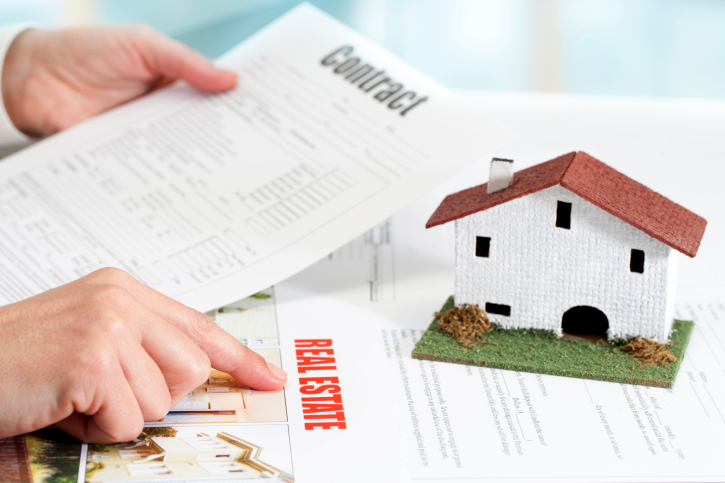Why Should You Consider Getting An Adjustable Rate Mortgage?
 If you are planning on buying a house in the near future, you have probably seen that there are multiple options available. You might even be considering an adjustable-rate mortgage, usually shortened to ARM. While many people opt for a fixed-rate mortgage, there are a few reasons to consider an ARM as well. What are some of the top advantages to keep in mind?
If you are planning on buying a house in the near future, you have probably seen that there are multiple options available. You might even be considering an adjustable-rate mortgage, usually shortened to ARM. While many people opt for a fixed-rate mortgage, there are a few reasons to consider an ARM as well. What are some of the top advantages to keep in mind?
A Lower Initial Payment
One of the biggest reasons why many home buyers consider an adjustable-rate mortgage is that you get a lower initial payment. Often, the ARM’s interest rate is lower than the fixed-rate interest rate at the time of signing. This means that you might have more flexibility at the beginning of the amortization schedule, freeing up more cash. You can use that cash to handle renovations and repairs if your house requires them.
You Can Pay Down Your Principle Faster
Because the interest rate is lower at the beginning of the payment cycle, you might be able to use that extra cash to pay down the principle faster. This could allow you to pay off the house earlier, or it might mean that you end up paying less interest over the life of the loan because you can shrink the principle faster.
You Can Always Refinance Later
While many home buyers are concerned that an adjustable-rate mortgage might increase after the fixed period ends, you do not necessarily have to stick with the ARM forever. For example, you might decide that you want to refinance the house down the road to a lower interest rate, creating opportunities to save money. You might even end up selling the house and moving before the fixed period ends, giving you an opportunity to reset your loan.
Consider Getting an Adjustable-Rate Mortgage
These are a few of the top reasons why you might want to consider an adjustable-rate mortgage. Like anything else, ARMs have their benefits and drawbacks, and the right option for one person might not be the right option for you. You should think carefully about your specific situation, consider all of the options available, and select the best choice for your needs. Do not hesitate to reach out to an expert who can help you.

 Today, the housing market is more competitive than it has ever been in the past. You may have your eyes on your dream home, but how can you make it stand out from the crowd? There are a few tips that you should keep in mind. What are a few things you should do, and what are a few things you should avoid?
Today, the housing market is more competitive than it has ever been in the past. You may have your eyes on your dream home, but how can you make it stand out from the crowd? There are a few tips that you should keep in mind. What are a few things you should do, and what are a few things you should avoid? Mortgage lenders weigh the risk of getting their principal and interest paid back by looking at the qualities of the prospective borrrower. And due to the amount of money being requested and lent to purchase homes, those requirements can become daunting. Working with a trusted and qualified mortgage professional makes this sometimes confusing process a little clearer.
Mortgage lenders weigh the risk of getting their principal and interest paid back by looking at the qualities of the prospective borrrower. And due to the amount of money being requested and lent to purchase homes, those requirements can become daunting. Working with a trusted and qualified mortgage professional makes this sometimes confusing process a little clearer.